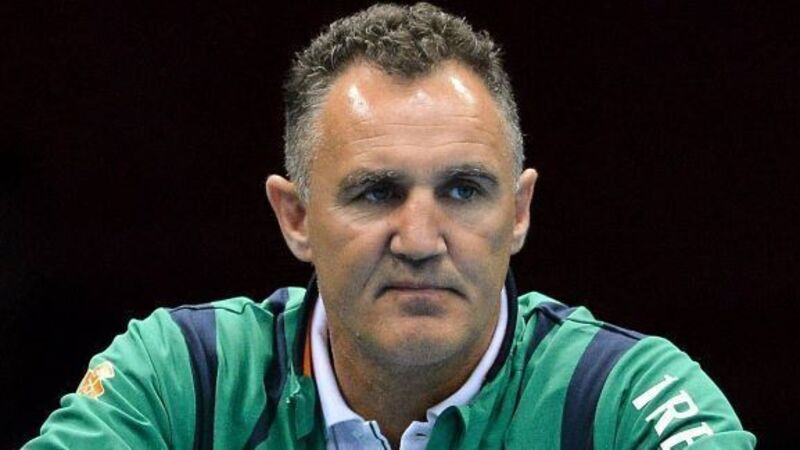Billy Walsh tightlipped on ‘plan for Rio’ for Irish boxing

“We started in 2003, back from Sydney, where we had one boxer, Michael Roche from Cork. We had one in Athens, Andy Lee.
“People forget we were nearly extinct. Funding revolved around qualifying for the Olympics, so we had to change. Gary Keegan was director and brought me in, and it took us three years to get the right culture in place.
“We lost a lot of people along the way — we lost six weight divisions the first year, so we had to start small.”
Walsh learned along the way.
“When I retired I became an amateur coach, then came the trans to professional coaching. I saw myself still as a fighter, I still thought of myself as a boxer, and I had to take that step back.
“The excellence of the people around us make us what we are. We have great coaches, but we had to work on analysis.
“We marry the stats to the fight because the style of a boxer may affect the stats. We analyse constantly, compare to the best of the world, so when the lads go back to the gym they know what they need to focus on.
Walsh has developed his own management style too. “You have to be honest [as a leader], I wear my heart on my sleeve but I don’t do the ‘hair dryer’. “I serve them the feedback cold, ringside is emotional so I don’t do it there. Feedback is tough. Lots of us avoid conflict. I avoided conflict as a boxer so I had to learn how to give feedback.”
He continues, “An unmotivated guy can be a cancer in the team. We want them to be the best they can be — we finished 12th in Beijing, fifth in London, and the plan for Rio is to get to number one. Someone has to set the vision, but they must all buy into it. Otherwise it’s sayonara...
“These guys are like professionals. They may be living on the dole but they commit fully to it, they’ll leave parents and kids to come to Dublin to train — and that drive is to win... These guys all want to be gold medallists.”













